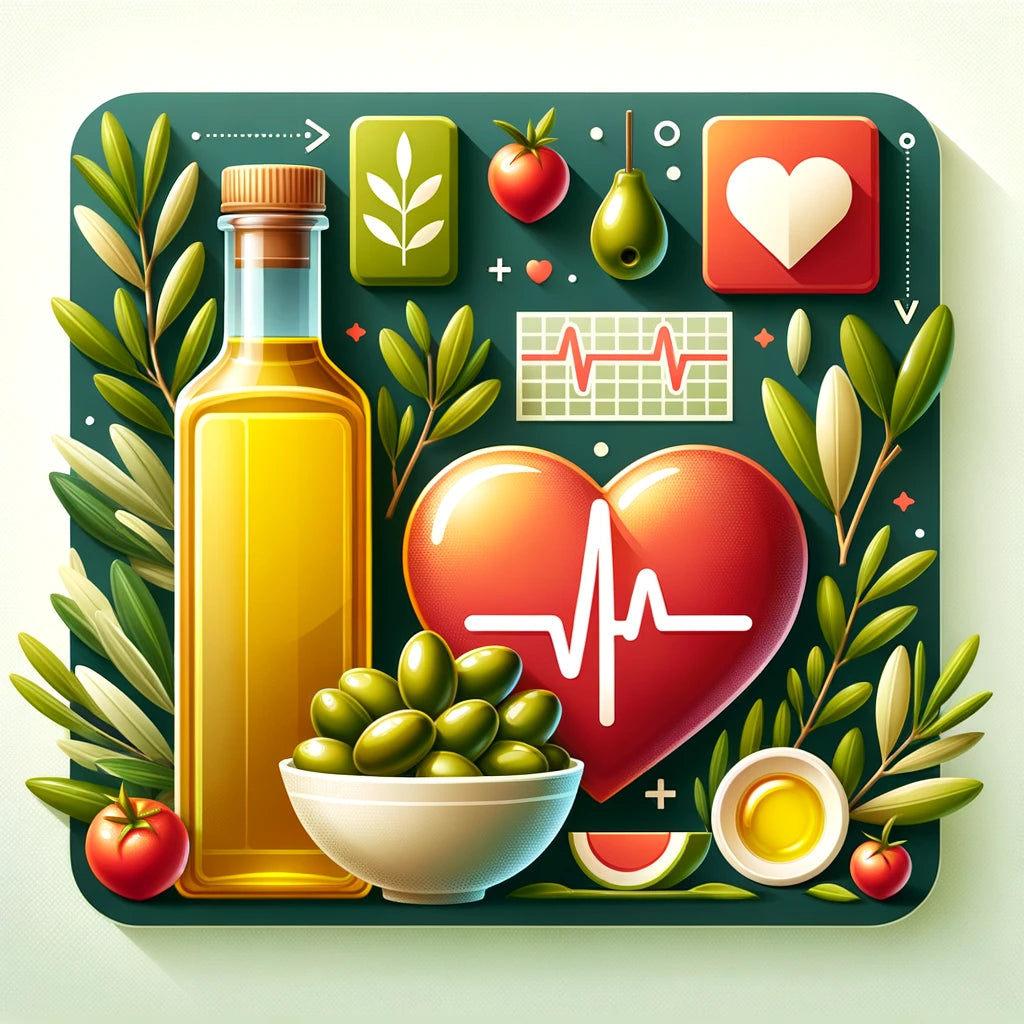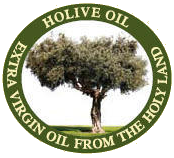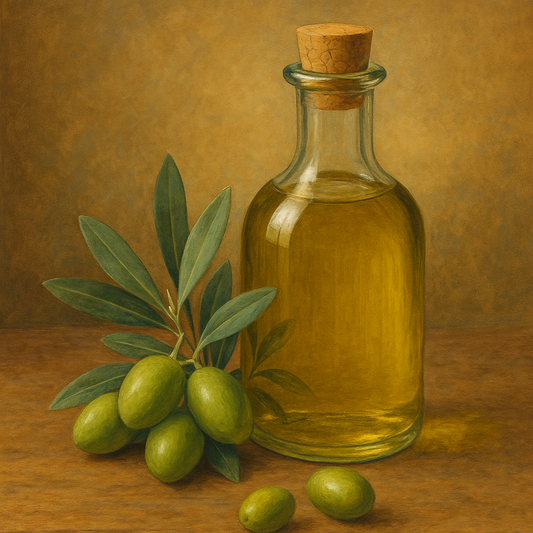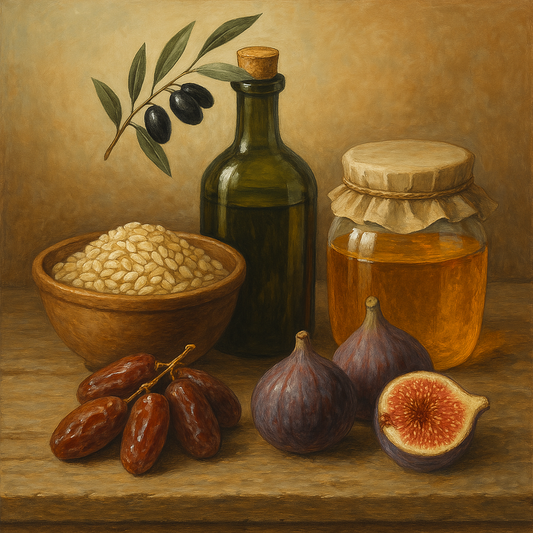
There's a big debate about cholesterol. Olive oil helps you either way.
Share
Did you know there's a big debate over cholesterol? What there's no debate about is that extra virgin olive oil, a staple of the Mediterranean diet, supports healthy cholesterol levels, heart health, and healthy blood pressure.
What's the debate about?
There's a big debate about the role of cholesterol in heart disease, and the benefits and risks of cholesterol-lowering medications called statins.
Some researchers argue that the link between LDL cholesterol and heart disease is not as straightforward as once thought. They suggest that inflammation and insulin resistance might play a more significant role in heart disease than LDL levels alone.
There's also a debate about statins. Supporters argue that statins are effective and generally safe for individuals at high risk of cardiovascular events. Critics point to potential side effects of statins, such as muscle pain, liver damage, and increased risk of diabetes.
What's Cholesterol?
Cholesterol is a fatty substance found in the blood, essential for building healthy cells but harmful at high levels. There are two types of cholesterol, LDL (called "bad" cholesterol) and HDL (called "good" cholesterol).
- LDL (Low-Density Lipoprotein): Often called "bad" cholesterol. High levels of LDL cholesterol can cause atherosclerosis. Atherosclerosis is when fatty deposits called plaques build up inside the walls of arteries. These plaques are made out of cholesterol, fatty substances, cellular waste products, calcium, and fibrin (a clotting material in the blood). Over time, the accumulation of these plaques can cause your arteries to harden and narrow. This restricts blood flow to vital organs and tissues and increases the risk of heart attacks and strokes.
- HDL (High-Density Lipoprotein): Known as "good" cholesterol, HDL helps remove LDL cholesterol from the bloodstream, reducing the risk of heart disease.
The development of plaques begins with damage to the thin layer of cells lining the arteries. This lining layer is called the endothelium. The damage to the endothelium can be caused by factors like high blood pressure, smoking, high cholesterol, diabetes, and inflammation.
LDL cholesterol penetrates the damaged endothelium and accumulates in the artery wall. There it reacts with free radicals, which are unstable molecules containing oxygen. The oxidized LDL attracts white blood cells, leading to further inflammation and plaque buildup.
Not all LDL particles are the same. The size and density of LDL particles can influence their potential to cause atherosclerosis. There are small, dense LDL particles, and large, buoyant ones. The small ones are the baddies.
If you've go a higher proportion of small, dense LDL particles that's a stronger predictor of cardiovascular risk than the total LDL cholesterol level alone.
Standard cholesterol tests typically measure the total LDL cholesterol level but do not differentiate between LDL particle sizes.
As plaques accumulate, they harden and cause artery walls to thicken and become less flexible. This process is known as arteriosclerosis. The narrowed arteries restrict blood flow, which can lead to various health complications.
Atherosclerosis can affect any artery in the body, including those in the heart, brain, kidneys, and limbs. It's bad news and can lead to:
- Coronary Artery Disease (CAD): Narrowing of the coronary arteries can lead to angina (chest pain) and heart attacks.
- Cerebrovascular Disease: Narrowing of the arteries in the brain can result in strokes or transient ischemic attacks (TIAs).
- Peripheral Artery Disease (PAD): Reduced blood flow to the limbs can cause pain, numbness, and even gangrene in severe cases.
- Chronic Kidney Disease: Impaired blood flow to the kidneys can lead to kidney damage and dysfunction.
Atherosclerosis is a serious condition with potentially life-threatening consequences, but it can often be managed and prevented through a combination of lifestyle changes and medical treatments.
That's where olive oil comes in.
Extra Virgin Olive Oil: A Superfood
How Olive Oil Affects Cholesterol Levels
Reducing LDL Cholesterol
Studies have shown that diets rich in olive oil can significantly reduce LDL cholesterol levels. The monounsaturated fats in olive oil help reduce LDL cholesterol, thereby lowering the risk of plaque buildup in arteries.
Increasing HDL Cholesterol
In addition to lowering LDL, olive oil also helps increase HDL cholesterol levels. Higher HDL levels help clean up LDL cholesterol from the bloodstream.
Anti-Inflammatory and Antioxidant Benefits
Polyphenols in Olive Oil
Polyphenols, powerful antioxidants found in olive oil, play a significant role in reducing inflammation. All sides of the cholesterol debate agree that chronic inflammation is a major contributor to cardiovascular diseases. The antioxidants in olive oil help reduce this risk.
Cardiovascular Protection
The combined effects of reduced inflammation and improved cholesterol levels are good for cardiovascular health. So it's no surprise that studies show that regular consumption of olive oil can lead to a significant reduction in the risk of heart disease.
Whether you are buying olive oil for health or flavor or both, make sure you stay away from anything refined or processed. To maximize nutrients and antioxidants, you want a cold-pressed extra virgin olive oil (EVOO) that is made without heat or chemicals. EVOO is rich in:
- Monounsaturated Fats: Primarily oleic acid, which helps reduce LDL cholesterol.
- Polyphenols and Antioxidants: Compounds that protect cells from damage and fight inflammation.
- Vitamins E and K: Essential for skin health and blood clotting.
Getting a little bit of extra virgin olive oil into your diet every day reduces the risk of LDL cholesterol oxidation and promotes better heart health.
If you need ideas on how to make olive oil a part of your day, check out these suggestions.



